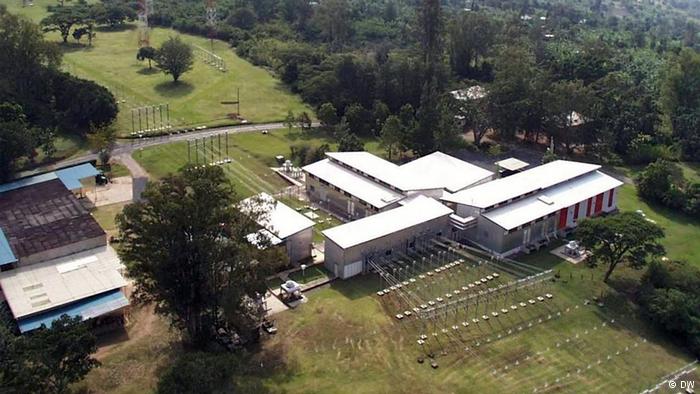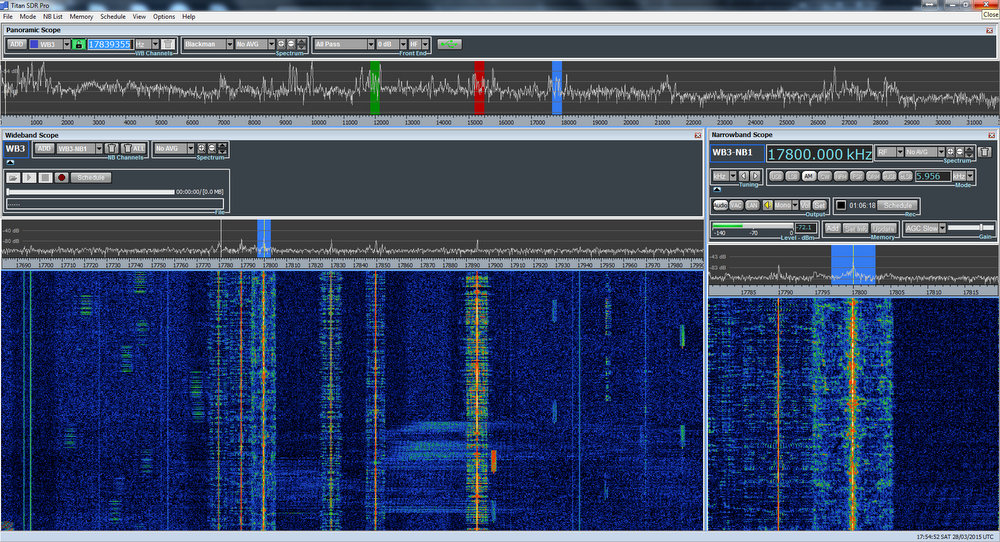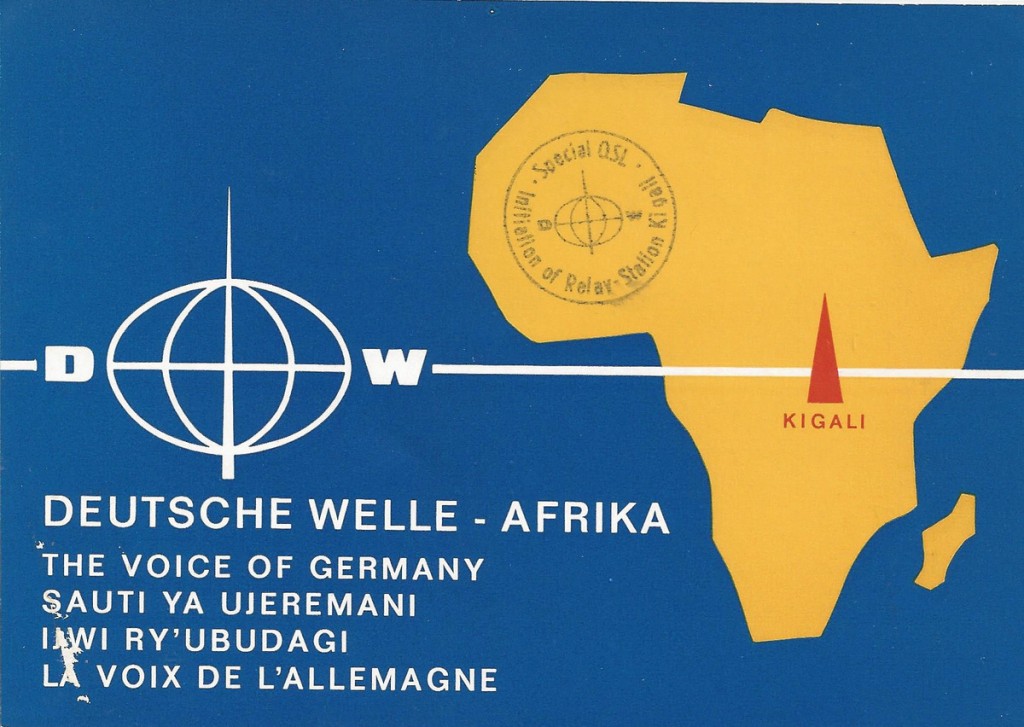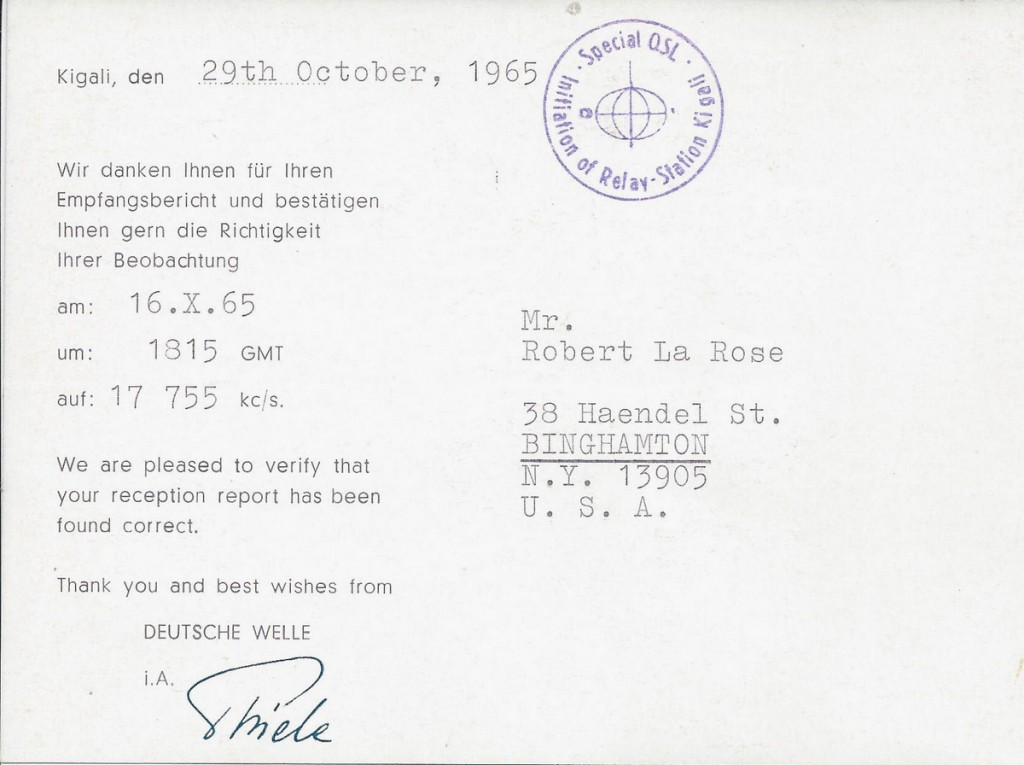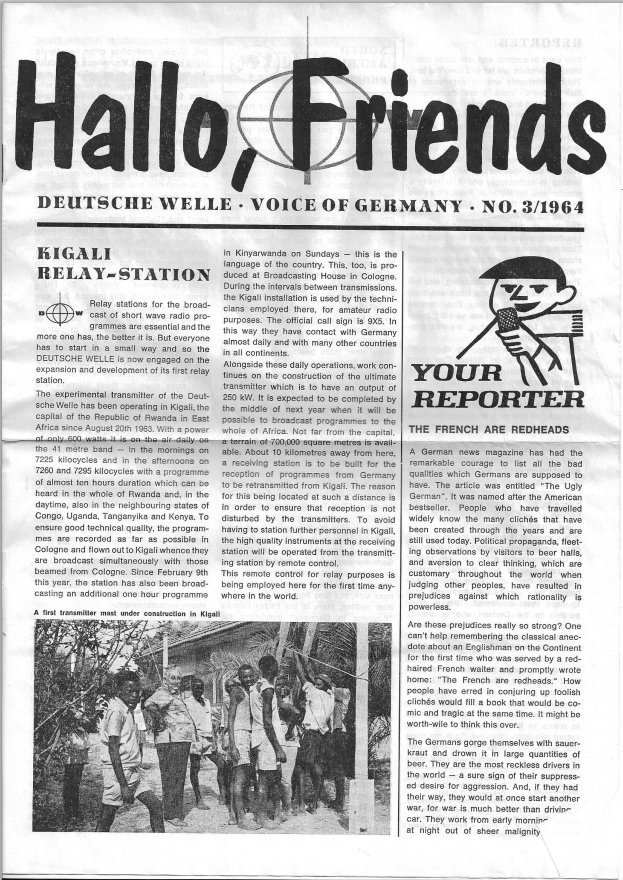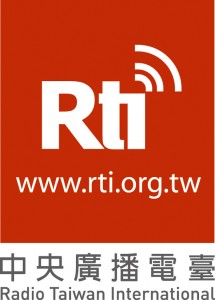 Jonathan Marks followed up his last post with two more pieces from the Media Network Vintage Vault, again, on the topic of US international broadcasting.
Jonathan Marks followed up his last post with two more pieces from the Media Network Vintage Vault, again, on the topic of US international broadcasting.
Jonathan writes:
Interesting to see there was opposition to RFE/RL expansion in 1992. http://jonathanmarks.libsyn.com/mn06081992radio-free-asia
And Bill Whitacre is good in this edition: http://jonathanmarks.libsyn.com/mn07051992voakorea
My question remains: can VOA still justify the funding it has? It has spent billions over the last few decades, but has little to show for it.
No doubt, with the recent loss of CEO Andy Lack and the announcement that VOA Director, David Ensor, is stepping down, the VOA is struggling to remain viable. I don’t believe this is due to a lack of good reporters or internal innovators, rather, a lack of proper management.
Jonathan also found this recently published report titled, “Reassessing US International Broadcasting” by S. Enders Wimbush and Elizabeth M. Portale. Click here to download the full report as a PDF.



